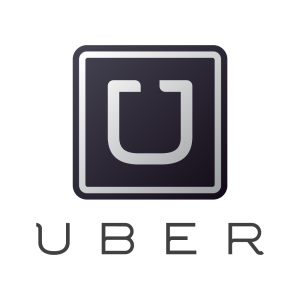In an effort to stamp out competition, Uber is getting more aggressive with the pricing of its low-cost transportation service UberX. In a series of blog posts today, Uber announced that it has lowered the cost of UberX in Los Angeles, San Diego, and Washington D.C., mimicking its decision to lower UberX prices in San Francisco.
With the announcements, Uber is proving that it can compete on more than convenience. After raising hundreds of millions of dollars, the company is removing the only barrier to use of its service that remained: cost.
Uber is famous for its legacy black car service, which comes at a premium to cabs and other transportation services, but its recent focus on making UberX more available and more affordable should reduce the friction of adopting new users and getting existing users to use the app more.
The fare reductions began in June, when Uber lowered the price of UberX in its home market by about 25 percent. Now it’s extending lower fares to three other cities where it faces increased competition. In San Diego, Uber says its fares are now about 37 percent lower than hailing a regular cab, while it claims to be about 30 percent cheaper than a taxi in L.A. and 18 percent cheaper in D.C. In each case, Uber is lowering fares about 20 percent to 25 percent.
While Uber is comparing its fare reductions to the cost of cabs in each of those markets, the company likely has another target in mind: Lyft. Since launching in San Francisco a year-and-a-half ago, the ride-sharing company has become a serious contender in the transportation space. Over the last several months, Lyft has began expanding aggressively into new markets, most, if not all of which, Uber already services.
Uber hasn’t taken that expansion lightly. In addition to fare reductions, the mobile ride-hailing company has been running aggressive, targeted UberX launches and promotions in cities that Lyft has recently launched in. See, for example, Indianapolis and St. Paul, where it launched its UberX service and offered a free month of rides to users in those markets. Those launches and promotions came just a week after Lyft introduced its service to riders in those cities.
More recently, Uber announced that it would soon launch its lower-cost UberX service after Lyft launched there last week. That expansion of UberX was announced despite a fight with a certain member of the Dallas City Council who proposed a series of regulations that would severely impact its ability to operate its service in the city.
With $258 million in fresh cash from Google Ventures, Uber has to continue aggressive growth. Its new UberX pricing strategy could be part of how it intends to accomplish that.
